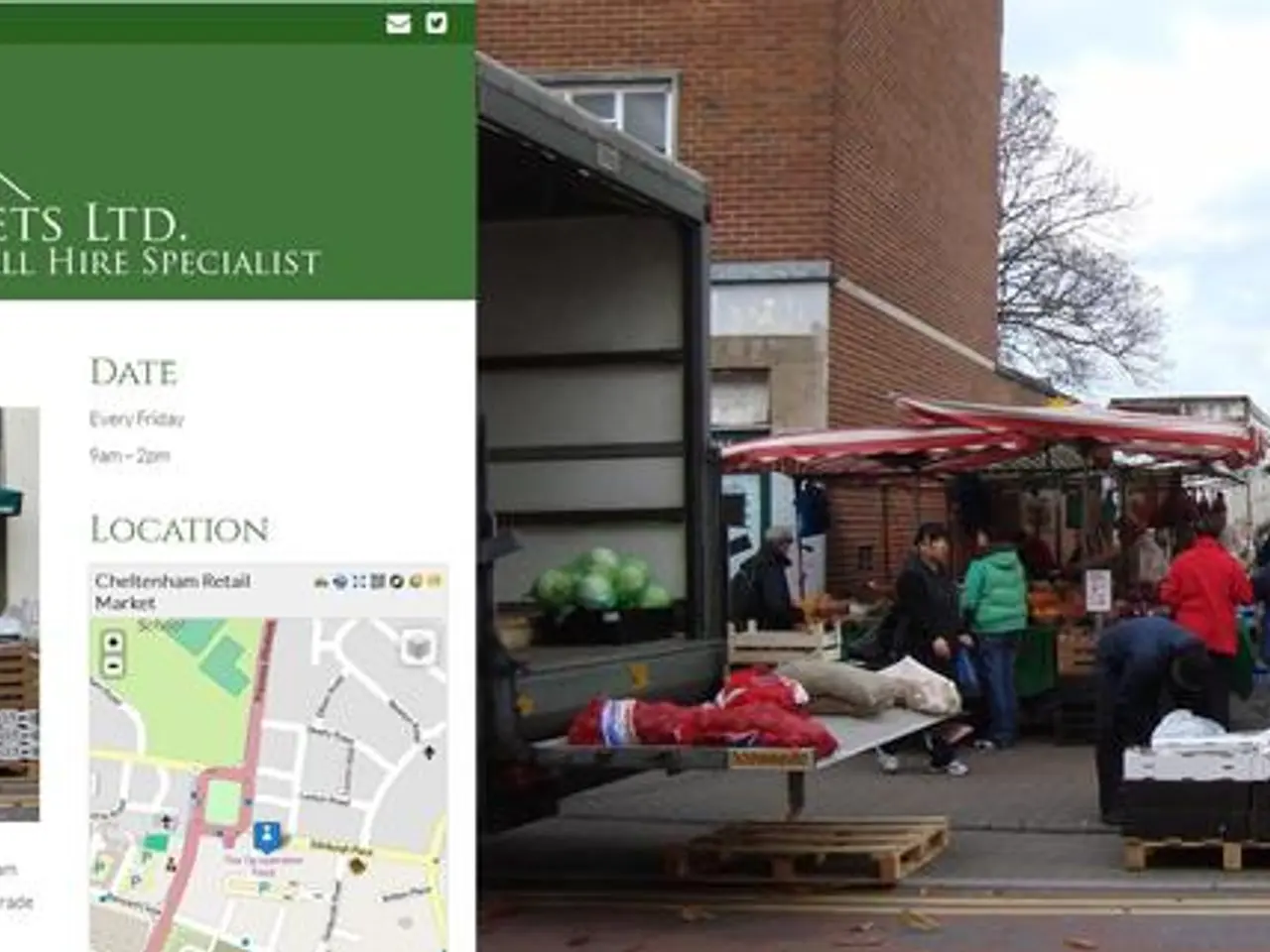"Addressing the UK's Residency-Not-Domestic-Tax Issue: Strategies and Solutions"
In a recent Westminster conference room, Nigel Farage and Zia Yusuf unveiled the 'Britannia Card', a proposal aimed at stemming the exodus of wealthy investors and non-doms from Britain. However, the announcement, which generated significant media attention, has been met with criticism from industry experts and political figures alike.
The 'Britannia Card' offers foreign investors the right to live, work, and invest in the UK for a decade without paying British taxes, in exchange for a one-time £250,000 fee. Critics argue that the charges are too low compared to similar schemes in Italy and Greece, which charge €200,000 and €100,000 respectively, along with additional investment requirements. Some pro-non-dom campaigners have dismissed the 'Britannia Card' as too generous.
Dominic Lawrance, on the other hand, proposes a Tiered Tax Regime (TTR) as a solution to attract new wealthy foreigners to Britain. Under the TTR, those worth more than £500m in assets would pay an annual charge of £2m, while those with a lower net worth of 'just' £100m or less would pay £200,000. Lawrance suggests that this progressive taxation, coupled with incentives for investment, could make the UK more competitive in terms of tax attractiveness.
Another concern raised about the 'Britannia Card' is its potential significant fiscal impact. Tax Policy Associates founder Dan Neidle estimates that the proposal could cost the Exchequer £34bn over five years due to wealthy foreigners avoiding tax. Neidle also voices concerns about the administrative challenges of distributing the proceeds from the 'Britannia Card' directly to the lowest-earning households.
Beyond tax reforms, the UK could focus on addressing broader economic and regulatory issues that are driving high-net-worth individuals away. This includes improving the business environment, enhancing the stability and attractiveness of financial markets like the London Stock Exchange, and mitigating the economic impacts of Brexit.
Extending the Temporary Repatriation Facility (TRF) could also help non-doms by providing a more favorable environment for repatriating foreign income without immediate tax implications. Anthony Whatling suggests extending the duration of the TRF to 10 years and charging a higher fee to attract foreign investors. Whatling believes the government could charge north of £250,000 a year for the TRF and still attract foreign investors.
Engaging in international tax cooperation could help the UK align its tax policies with global standards, reducing the attractiveness of low-tax jurisdictions and encouraging high-net-worth individuals to remain in the UK. Participating in OECD efforts to harmonize international tax policies, implementing robust measures to prevent tax avoidance, and enhancing transparency in financial dealings are key initiatives in this regard.
The Chancellor is also considering changing the treatment of inheritance tax for non-doms, according to the Financial Times. Reverse of inheritance tax for non-doms who have been in the UK longer than 10 years could cost the Exchequer £450m in lost receipts but could potentially stem the level of departures, according to Lawrance.
By implementing these strategies, the UK could create a more attractive environment for high-net-worth individuals, potentially reducing the exodus and maintaining its status as a global financial hub. However, the debate continues, with figures like Yusuf criticizing former Labour party official Neidle for "poisoning the discourse" with his criticism of the 'Britannia Card'.
- Critics contend that the 'Britannia Card' charges are too low, comparison being made with similar schemes in Italy and Greece that have additionally stringent investment requirements.
- Dominic Lawrace proposes a Tiered Tax Regime (TTR), where those with millions in assets pay substantial annual charges, to attract wealthy foreigners to Britain, making the UK more competitive in terms of tax attractiveness.
- Dan Neidle, founder of Tax Policy Associates, predicts that the 'Britannia Card' could cost the Exchequer £34bn over five years due to wealthy foreigners avoiding taxes, also expressing concerns about the administrative challenges of distributing proceeds directly to low-earning households.




